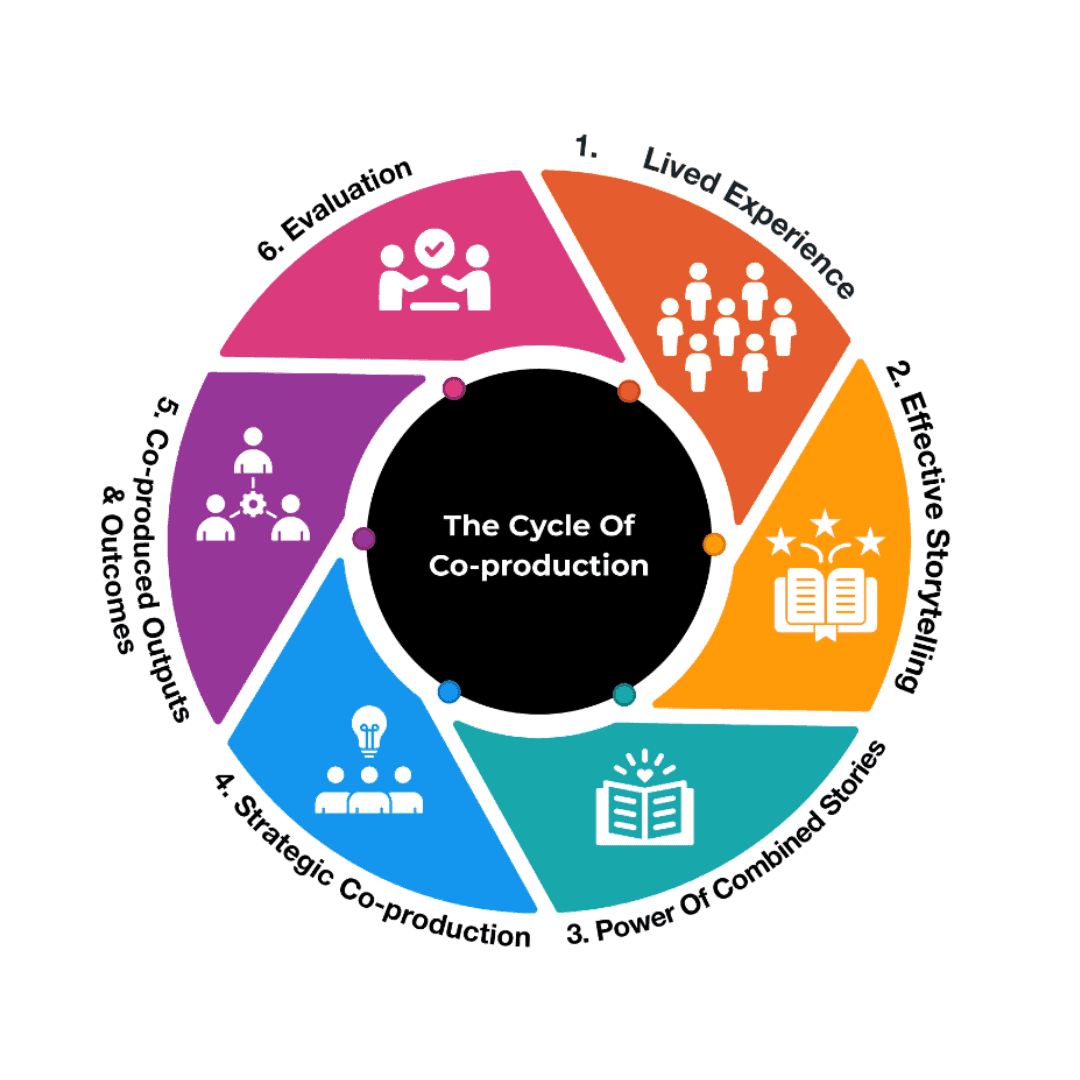
What Is Co-Production And Why Is It Important To GALENOS?
Co-production is a collaborative approach that involves multiple stakeholders working together on a common interest. In GALENOS, co-production involves people with lived experience of mental health issues working alongside professionals and researchers to design, deliver, and evaluate mental health across different regions as well as cultures. The involvement in those lived experiences also empowers people with lived experiences a voice and a chance to be involved in research that affects their lives. It leads to better services as people with lived experiences have contributions with their experiences of what works and what doesn’t, so they can help to design services that are more effective and meet the needs of people who use them. Finally, co-production helps to ensure that services are accessible and inclusive for everyone, regardless of their background or experience. In GALENOS, we have a diverse team of experiential advisory board members hailing across the world representing unique cultural backgrounds and experiences to help better inform and be aware of the need for removing stigma and providing high-quality services and information across the globe.
Co-production with experts by experience
1. Evidence Collection
Focus, scope and definitions
2. Synthesis
Gap analysis of findings
3. Prioritise
Democratised workshops to prioritise research
4. Translate
Develop lay understanding of findings
5. Disseminate
Lead dissemination strategy and content creation
The Global Experiential Advisory Board – GLEAB
“It is great to see the formation of a global and diverse team of lived experience experts embedded within the GALENOS project. Their insights will help to streamline mental health research, prioritise research questions that are the most important to them and in turn make a big impact on mental health science.”
The number of research publications is increasing every day, in all scientific areas including mental health. This makes it increasingly more challenging for academics, health professionals and members of the public to read through all the new publications and learn about new evidence that is out there. This is why GALENOS was founded, and today we are pleased to announce an important step forward: The Global Experiential Advisory Board – GLEAB. The GALENOS project is rooted in partnerships. Seventeen organisations are collaborating to review and catalogue the scientific literature about anxiety, depression, and psychosis to make them easier to navigate. Meaningful involvement of people with lived and living experience is an important part of this collaboration. The GLEAB will shape the project as it evolves, play an important role in overseeing these reviews and prioritising the topics for future reviews. These reviews will be regularly updated to create a ‘living systematic review’ catalogue that is easy to access and understand.
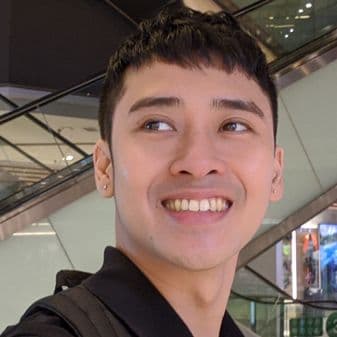
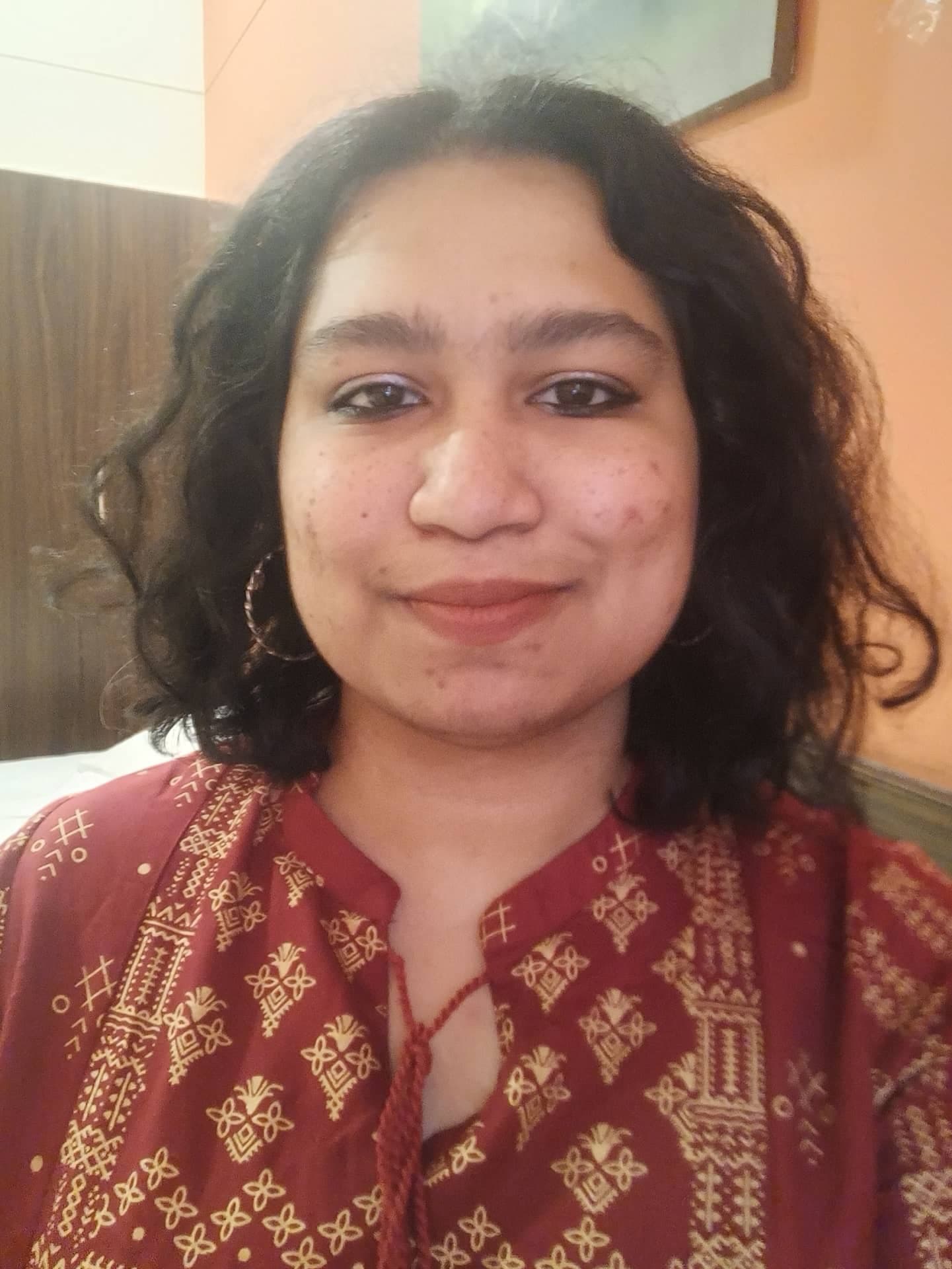

The GLEAB team
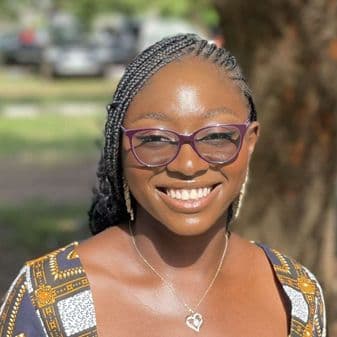
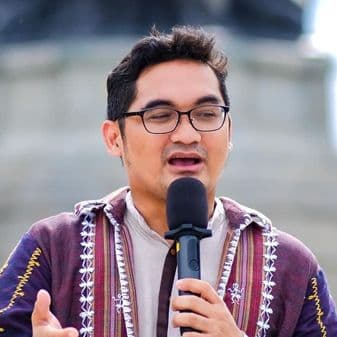
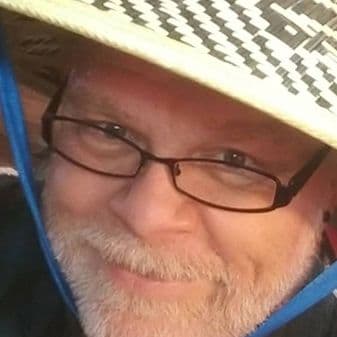
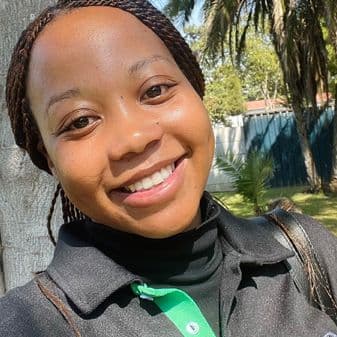
THE GLEAB MEMBERS
The advisory board is made up of notable mental health activists, campaigners, and advocates from around the world and we are pleased to announce who they are:

TATENDA KAMBEU - Chair
Tatenda is the Advocacy Officer for the Ndinewe Foundation, a youth organisation promoting good mental health and wellbeing in Zimbabwe. “My interest in becoming a GLEAB member stems from my passion for community health advocacy particularly in the mental health space. The GLEAB has provided me with an opportunity and platform where I am able to positively contribute to the improvement of mental health treatment services through addressing the gap that exists between interventions and their practicality. Additionally, this is a great opportunity to expand my understanding of the importance of integrating lived experience expertise with academic research. I am looking forward to a journey filled with learning, growth, and an impactful experience.” You can find out more about the Ndinewe Foundation here: https://ndinewe.org/about-us
Richardson Mojica - Vice Chair
Associate Professor Richardson teaches at the St. Dominic College of Asia in the Philippines. He has 14 years of experience teaching communication, media studies, and multimedia arts. Richardson, a passionate nation-builder, has been in the development sector for 23 years, where he uses his experience to volunteer on mental health advocacy and community development projects. He is the Programs and Campaigns Head of #MentalHealthPH, an NGO that supports mental health advocacies and policies in the Philippines.

NIKITA GHODKE
Nikita is a non-binary disabled researcher and advocate. They are currently a research assistant at New York University working remotely from India. They advocate for youth and underrepresented populations focusing on representing those with lived experiences, disability and gender rights, especially from lower-middle income countries (LMICs). Nikita will apply her lived experience as well as her background in research at the Global Experiential Advisory Board - GLEAB. Nikita is excited to contribute to the vibrant diverse community and continue to advocate for better representation in such important themes.
They said, “As someone with lived experience, I know firsthand the challenges of accessing quality healthcare. I am committed to using my experiences with my time at GALENOS to develop and design resources to make healthcare more accessible and affordable for everyone.”
You can find out more about Nikita on their website here: https://www.nikitaghodke.com

LARRY WHITE
Larry’s varied career spans three decades, during which time he has honed his skills as a leader. Working across industries in academic programme management, people management and an educational developer, Larry now works as the Canada representative and deputy lead for the Americas for the Global Mental Health Peer Network Country Executive Committee.
“I am honoured to have been asked to support the GALENOS Project. As an educator still learning to live with and learn from my depression, I recognize the importance of this work. It is near and dear to my heart to be able to support others so they may not have as traumatic an experience with their mental health as I did. My learning and teaching philosophy, refined over the years, is equally appropriate to this project because we are all helping others achieve their dreams.”

Adeola Agunbiade
Adeola has worked as a lived experience advisor for a number of different organisations including The McPin Foundation, The University of Central London, and The Mental Imagery for Suicidality in Students Trial (MISST).

Kelvin Opiepie
Kelvin is an African Youth Transformation Ambassador and the founder of LEAD Community Foundation. LEAD promotes mental health literacy among communities in Nigeria and Uganda through education, awareness, and advocacy.
“I believe that joining the GLEAB team will offer me valuable opportunities to learn from and connect with other team members, benefiting from their diverse experiences in their respective countries. As someone with lived experience in mental health matters and a strong passion for promoting mental health literacy in my community, being a part of GLEAB will enable me to engage with stakeholders, experts with lived experience, and academia. Together, we can explore the best practices concerning mental health services and care.”
You can read more about the LEAD Community Foundation here: https://leadcommunityfoundation.com

Uphie Abdurrahman
Uphie is a passionate communicator and advocate for mental health and equality and inclusion. They have held a number of volunteer roles at NGOs in Indonesia raising awareness about suicide prevention and trauma.
“Throughout my undergraduate studies in art, I explored the themes of discrimination, developmental trauma, processing grief, identity reclamation... things revolving one's effort to communicate their inner suffering. In my professional work, I've built informal safe spaces for mental health discussions, often consulted as a go-to person on these topics and functioned in positions to represent intersectional inclusion. I plan to do more as I believe I can contribute more in this field by being a member of GLEAB.”